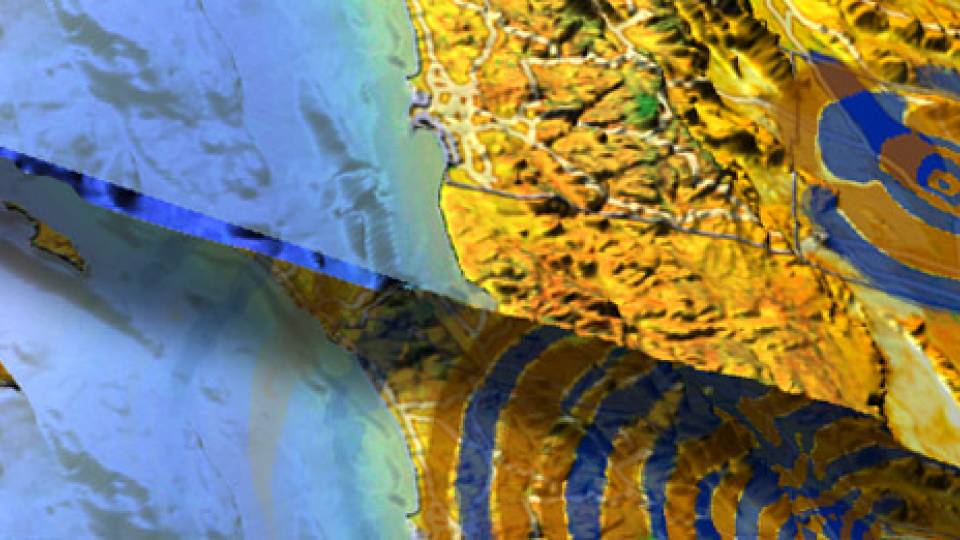John Suppe, the Blair Professor of Geology at Princeton, has been selected to receive a Humboldt Research Award.
The award, conferred in recognition of lifetime achievements in
research, includes support to spend a year conducting research in
Germany. The Alexander von Humboldt Foundation grants up to 100 such
awards each year.
Suppe currently is on a one-year sabbatical and has spent the first six
months as a visiting professor of tectonics at the California Institute
of Technology. He will spend the second six months at Ludwig
Maximilians University in Munich; he plans to use the remaining six
months of support from the Humboldt award at a later date.
In Germany, Suppe will be completing a book on deformation in the crust
of the Earth. He also will be working on a classic and controversial
problem concerning the strength of the Earth's crust and the processes
controlling that strength. He will be collaborating with Sara Carena,
who completed her Ph.D. at Princeton in 2003, and Hans-Peter Bunge, a
former Princeton faculty member who is now chair of geophysics at
Ludwig Maximilians.
"Great faults like the San Andreas fault in California or the fault of
the giant Sumatra earthquake seem to be vastly weaker than laboratory
friction measurements, for unknown reasons, yet the crust that contains
these faults appears to be rather strong," Suppe said. "There are many
theoretical proposals for why this might be true, but there are
conflicting claims that faults are in fact quite strong. It's an area
of very active research. This 100-year-old problem is particularly
challenging because the crust of the Earth is largely inaccessible to
making the relevant large-scale in-situ measurements.
"During a visit to Munich a little over a year ago to give a lecture, I
discovered a very simple and remarkable theoretical way of determining
the large-scale strength of the crust and of these great faults," he
said. "It's remarkable because it involves essentially no assumptions
and only a few lines of high-school algebra. So I'm returning to Munich
to reap the benefits of this theory."
A faculty member in Princeton's geosciences department since 1971, Suppe is a member of the National Academy of Sciences.


